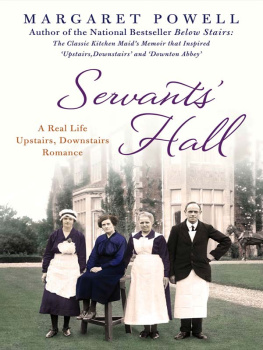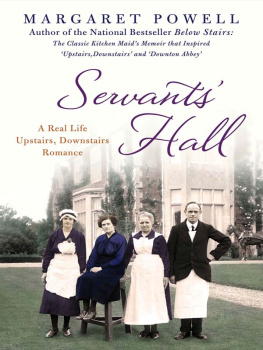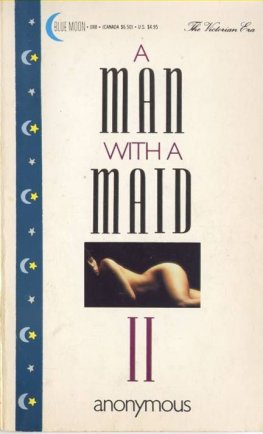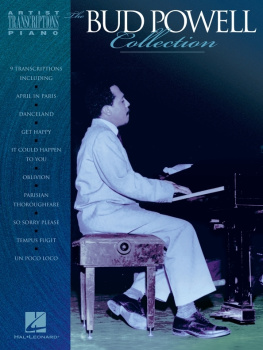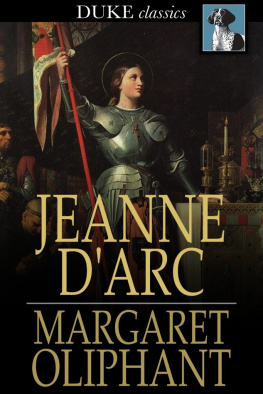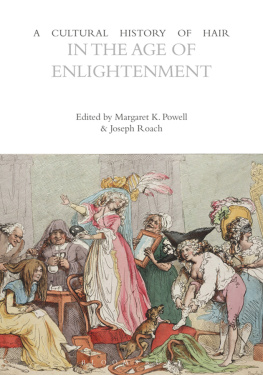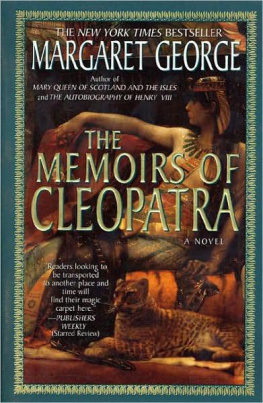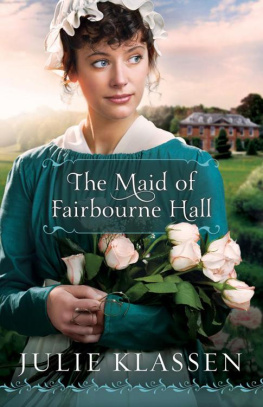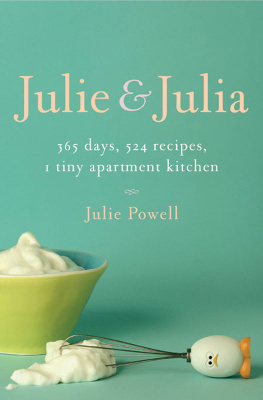Margaret Powell - Below Stairs: The Bestselling Memoirs of a 1920s Kitchen Maid
Here you can read online Margaret Powell - Below Stairs: The Bestselling Memoirs of a 1920s Kitchen Maid full text of the book (entire story) in english for free. Download pdf and epub, get meaning, cover and reviews about this ebook. year: 2011, publisher: Pan Macmillan, genre: Detective and thriller. Description of the work, (preface) as well as reviews are available. Best literature library LitArk.com created for fans of good reading and offers a wide selection of genres:
Romance novel
Science fiction
Adventure
Detective
Science
History
Home and family
Prose
Art
Politics
Computer
Non-fiction
Religion
Business
Children
Humor
Choose a favorite category and find really read worthwhile books. Enjoy immersion in the world of imagination, feel the emotions of the characters or learn something new for yourself, make an fascinating discovery.
- Book:Below Stairs: The Bestselling Memoirs of a 1920s Kitchen Maid
- Author:
- Publisher:Pan Macmillan
- Genre:
- Year:2011
- Rating:5 / 5
- Favourites:Add to favourites
- Your mark:
- 100
- 1
- 2
- 3
- 4
- 5
Below Stairs: The Bestselling Memoirs of a 1920s Kitchen Maid: summary, description and annotation
We offer to read an annotation, description, summary or preface (depends on what the author of the book "Below Stairs: The Bestselling Memoirs of a 1920s Kitchen Maid" wrote himself). If you haven't found the necessary information about the book — write in the comments, we will try to find it.
Below Stairs: The Bestselling Memoirs of a 1920s Kitchen Maid — read online for free the complete book (whole text) full work
Below is the text of the book, divided by pages. System saving the place of the last page read, allows you to conveniently read the book "Below Stairs: The Bestselling Memoirs of a 1920s Kitchen Maid" online for free, without having to search again every time where you left off. Put a bookmark, and you can go to the page where you finished reading at any time.
Font size:
Interval:
Bookmark:

To Leigh (Reggie) Crutchley
with gratitude and affection
I WAS BORN in 1907 in Hove, the second child of a family of seven. My earliest recollection is that other children seemed to be better off than we were. But our parents cared so much for us. One particular thing that I always remember was that every Sunday morning my father used to bring us a comic and a bag of sweets. You used to be able to get a comic for a halfpenny plain and a penny coloured. Sometimes now when I look back at it, I wonder how he managed to do it when he was out of work and there was no money at all coming in.
My father was a painter and decorator. Sort of general odd-job man. He could do almost anything: repair roofs, or do a bit of plastering; but painting and paper-hanging were his main work. Yet in the neighbourhood where we lived, there was hardly any work in the winter. People didnt want their houses done up then; they couldnt be painted outside and they didnt want the bother of having it all done up inside. So the winters were the hardest times.
My mother used to go out charring from about eight in the morning till six in the evening for two shillings a day. Sometimes she used to bring home little treasures: a basin of dripping, half a loaf of bread, a little bit of butter or a bowl of soup. She used to hate accepting anything. She hated charity. But we were so glad of them that, when she came home and we saw that she was carrying something, we used to make a dive to see what shed got.
It seems funny today, I suppose, that there was this hatred of charity, but when my parents brought us up there was no unemployment money. Anything you got was a charity.
I remember my mother, when we only had one pair of shoes each and they all needed mending, she went down to the council to try to get more for us. She had to answer every question under the sun and she was made to feel that there was something distasteful about her because she hadnt got enough money to live on.
It was very different getting somewhere to live in those days. You just walked through the streets, and there were notices up, Rooms to let.
When we were extra hard up, we only had one room or two rooms in somebody elses house. But when Dad was working, we would go around looking for half a house. We never had a house to ourselves. Not many people could afford a house in those days, not to themselves. As for buying a house, why, such things were never even dreamed of!
I know I used to wonder why, when things were so hard, Mum kept having babies, and I remember how angry she used to get when a couple of elderly spinsters at a house where she worked kept telling her not to have any more children, that she couldnt afford to keep them. I remember saying to my mother, Why do you have so many children? Is it hard to have children? And she said, Oh, no. Its as easy as falling off a log.
You see that was the only pleasure poor people could afford. It cost nothing at least at the time when you were actually making the children. You could have babies forever-more. Nobody bothered about doctors. You had a midwife who came for almost next to nothing. The fact that it would cost you something later on, well, the working-class people never looked ahead in those days. They didnt dare. It was enough to live for the present.
But, apart from that, people didnt think about regulating families. The whole idea was to have families, a relic of Victorian times perhaps. The more children you had, in some ways, the more you were looked upon as fulfilling your duties as a Christian citizen. Not that the Church played much part in my mothers and fathers lives. I dont think they had much time for it or, perhaps its truer to say, they had time but no inclination. Some of us werent even christened. I wasnt, and never have been. But we all had to go to Sunday School, not because my parents were religious, but because it kept us out of the way.
Sunday afternoons were devoted to lovemaking because there was not much privacy in working-class families. When you lived in two or three rooms, you had to have some of the children in the same room with you. If you had any sense of decency, and my parents did because I never, during the whole time of my childhood, knew that they ever made love, you waited till they were fast asleep or out of the way. The fact is I never even saw them kissing each other because my father was a rather austere man outwardly, and I was amazed when only lately my mother told me what a passionate man he really was. So, you see, it was only when the children were out of the way that they could really let themselves go.
So, Sunday afternoon, after a mighty big dinner (and everybody tried to have a big dinner on Sunday), was the time spent lying on the bed, making love and having a good old doze. Because, as my Mum said later, if you make love, you might as well do it in comfort. When youre getting middle-aged, there isnt much fun in having it in odd corners. So thats why Sunday School was so popular then. I dont know about now.
My brother and I began proper school together. They let you start at the age of four in those days. My mother sent me there as well because she had another baby coming along and she thought that would be two of us out of the way.
We had to come home for dinner. There were no such things as school meals and school milk. You took a piece of bread and butter with you, wrapped in a piece of paper, and gave it to the teacher to mind, because many of us children were so hungry that we used to nibble it during the course of the morning when we should have been doing whatever we did have to do. It was then doled out to us at eleven oclock.
My early school days dont stand out much in my mind. It was when I got to the age of about seven that I, as it were, took my place in life. You see, with my mother going off early in the morning to do her charring and me being the eldest girl, I used to have to give the children their breakfast. Mind you, giving them their breakfast wasnt a matter of cooking anything. We never had eggs or bacon, and things like cereals werent heard of. We had porridge in the winter, and just bread and margarine, and a scraping of jam, if Mum had any, in the summer. Three pieces were all we were allowed.
I always loved going to the baker and buying those round loaves with four corners on top. (I think they were called Coburg loaves.) We used to fight to get the corners because that counted as one piece of bread but it was far more filling than just a slice.
Then I would make the tea, very weak tea known as sweepings the cheapest that there was clear away and wash up, and then get ready for school.
The two youngest I took along to the day nursery. It cost sixpence a day each and for that the children got a midday meal as well. I took them just before school time and collected them the moment I came out of school in the afternoon.
At midday, I would run home, get the potatoes and the greens on, lay up the dinner and do everything I could so that when my mother rushed over from work, she just had to serve the dinner.
Generally it was stews because they were the most filling. Sometimes Mother would make a meat pudding. Its funny now when I look back on it, this meat pudding. I would go along to the butchers and ask for sixpennyworth of Block ornaments. Hygiene was nothing like it is now and butchers used to have big wooden slabs outside the shop with all the meat displayed for the public and the flies. As they cut up the joints, they always had odd lumps of meat left which they scattered around. These were known as Block ornaments.
I used to get sixpennyworth of them and a pennyworth of suet. Then my mother would make the most marvellous meat pudding with it. That tasted far better than those I make now when I pay four or five shillings for the meat.
Next pageFont size:
Interval:
Bookmark:
Similar books «Below Stairs: The Bestselling Memoirs of a 1920s Kitchen Maid»
Look at similar books to Below Stairs: The Bestselling Memoirs of a 1920s Kitchen Maid. We have selected literature similar in name and meaning in the hope of providing readers with more options to find new, interesting, not yet read works.
Discussion, reviews of the book Below Stairs: The Bestselling Memoirs of a 1920s Kitchen Maid and just readers' own opinions. Leave your comments, write what you think about the work, its meaning or the main characters. Specify what exactly you liked and what you didn't like, and why you think so.


